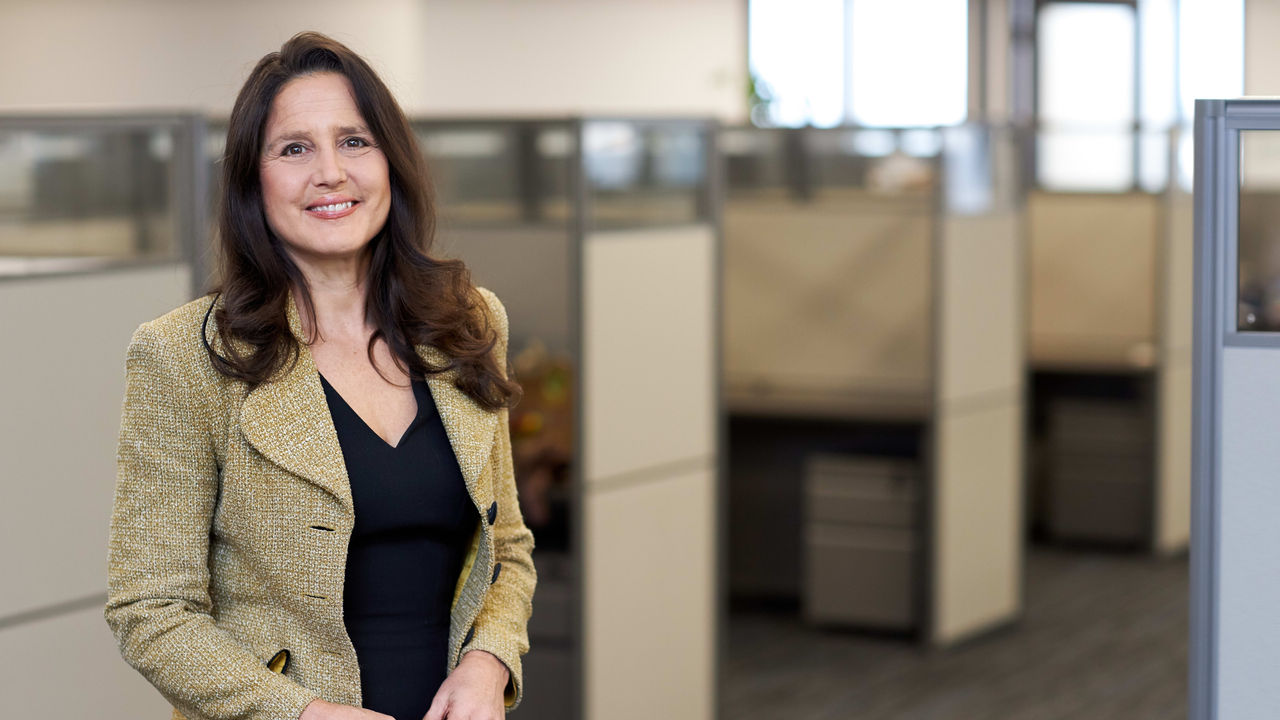Career Lessons from Suzanne Zoumaras: Striking a Balance
The executive vice president and chief human capital officer for Arena Pharmaceuticals strives to do what's best for the business and what's right for its people.

Was this resource helpful?



